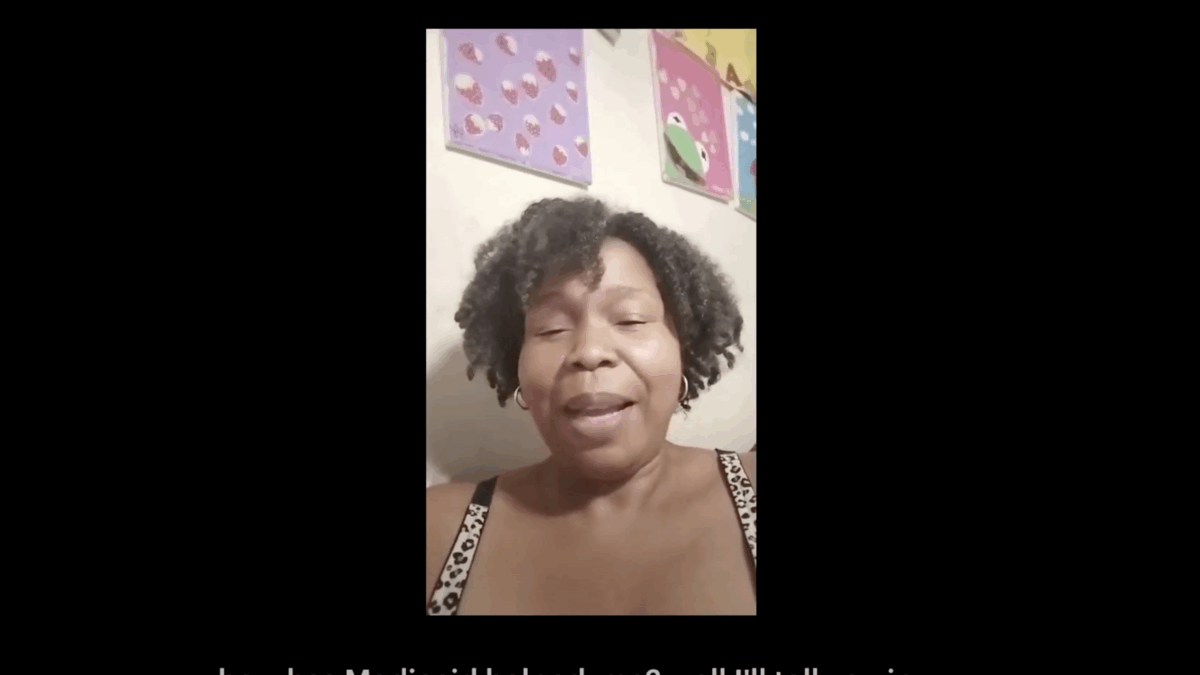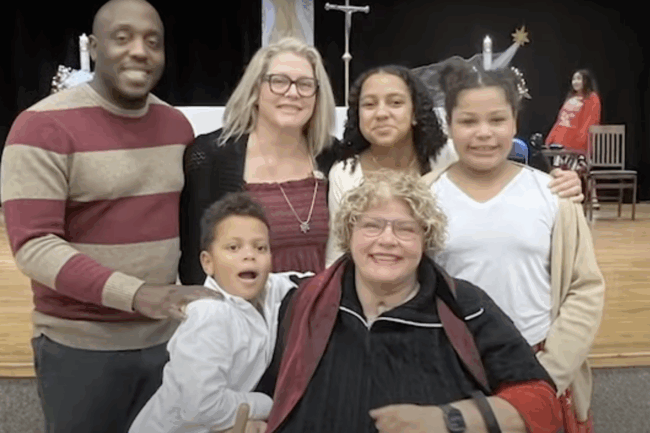How H.R. 1’s Health Care Cuts Devastate Black Communities
The so-called “One Big Beautiful Bill” Act (H.R. 1) is expected to terminate health care coverage for more than 15 million people. Though everyone will feel the pain of the bill’s cuts to health care, the law will disproportionately impact Black families – deepening the economic crisis we are already facing.
56% Black adults have medical debt in the U.S.
H.R. 1 isn’t “health policy” – it’s a massive transfer of wealth from families to corporations and the ultra-wealthy, funded by terminating care for millions. The health and financial security of individuals and families, especially Black communities, is being put at risk to finance tax breaks.
1.1 million Black people will lose coverage without premium tax credits
What does it mean when policy makers claim to improve health care while simultaneously stripping coverage from the communities that need it most? Our analysis of H.R. 1’s impact reveals the devastating answer: insurance lost, hospitals closed, costs skyrocketing.
Thank God I’ve been cancer-free for five years. But I shudder to think what would have happened if I didn’t have any medical coverage. Please don’t take Medicaid away, it’s desperately needed.
Here’s what we found:
- Work reporting requirements punish communities already facing discrimination. H.R. 1 forces more than 20 million Medicaid enrollees to prove they work 80 hours a month. Unnecessary work reporting requirements will hit Black communities hardest, even though 60% of adult Medicaid enrollees have a job, and another 14% are in school, caregiving, or have an illness/disability that prevent them from working.
- Higher prices for ACA Marketplace coverage and more medical debt. H.R. 1 failed to extend tax credits for people buying health insurance on the ACA Marketplace. Without them, 1.1 million Black people would lose coverage, exacerbating a medical debt crisis that already disproportionately affects Black families.
- Funding cuts force hospital closures where they’re needed most. By gutting federal funding for Medicaid, H.R. 1 threatens hospitals in Black neighborhoods that are already four times more likely to close.
- Essential services disappear for children and families. From reproductive health care to school-based mental health services, H.R. 1’s cuts eliminate critical programs that Black communities depend on for survival and well-being.
The human impact of coverage cuts
For many people, the cost of getting sick or a health emergency is simply too high to manage individually. In 2016, Eboni, a mother of two, was earning only $9.75 an hour when she was diagnosed with lymphoma, a type of cancer. For her, Medicaid literally meant the difference between life and death.
Because Medicaid covered Eboni’s treatment (six rounds of chemotherapy, 23 rounds of radiation, and countless scans), she survived her cancer diagnosis. Without Medicaid, her story could have ended very differently. H.R. 1 puts millions of families at risk of facing the terrifying choice between health and financial ruin.
Why this analysis matters now
Historic health care cuts are set to slash Medicaid, fast-track work reporting requirements, and set up massive coverage losses. Families will face medical debt, hospitals will strain, and whole communities will suffer.
This is not by accident. It’s a system built to protect powerful interests, not people.
Black communities already face the worst health outcomes in America due to centuries of systemic racism and exclusion. H.R. 1 not only fails to address these disparities but actively makes them worse. This analysis gives advocates, journalists, and policy makers the facts they need to understand H.R. 1’s true impact. Because when communities are under attack, silence isn’t an option.


